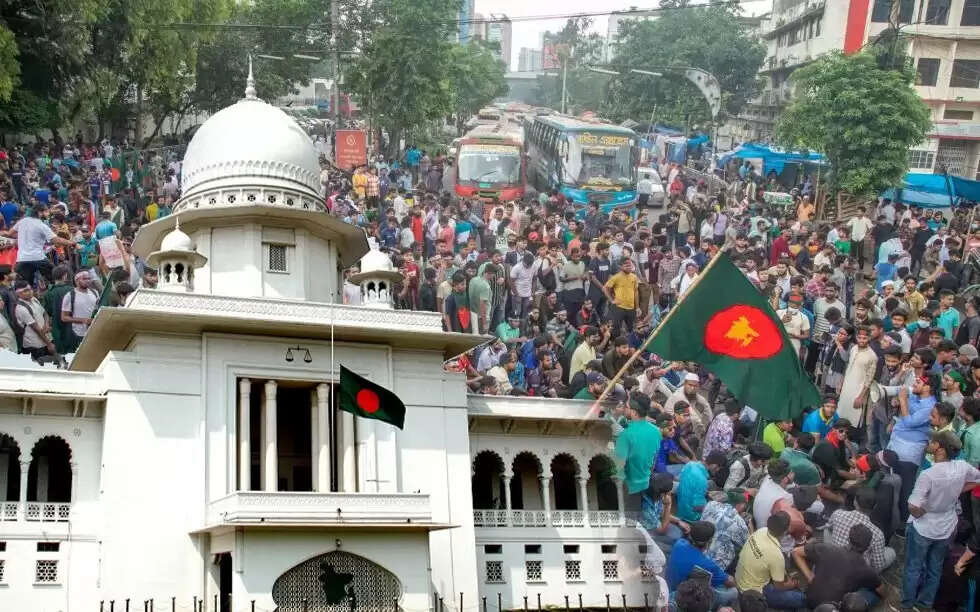Bangladesh Supreme Court Reduces Reservation from 56% to 7%

In a landmark decision, the Bangladesh Supreme Court has dramatically reduced the reservation quota in government jobs from 56% to just 7%. This ruling comes after widespread protests erupted across the country, particularly from students, opposing the extensive reservations that were in place.
The controversy primarily centered around the allocation of jobs for grandchildren of freedom fighters, which had dominated 56% of government job quotas until now. The Supreme Court's decision to drastically cut down this reservation means that only 44% of government jobs will remain in the unreserved category, marking a significant shift in policy.
The issue had sparked intense debates and demonstrations, with many arguing that such extensive reservations were unfair and hindered equal opportunities for all citizens. Protests had intensified in recent weeks, highlighting the deep-seated discontent among students and others who believed that merit-based selection should prevail over familial ties.
The Supreme Court's ruling is expected to have far-reaching implications for the job market and government recruitment processes in Bangladesh. It reflects a renewed emphasis on meritocracy and equal access to opportunities, aligning with broader principles of fairness and justice.
Following the announcement, reactions have been mixed, with supporters of the decision welcoming what they see as a step towards a more equitable system. However, critics argue that reducing the reservation quota too drastically could disenfranchise certain groups who have historically benefited from such policies.
This decision by the Supreme Court underscores the judiciary's role in interpreting laws and ensuring that constitutional principles are upheld. It also highlights the delicate balance between affirmative action and maintaining a level playing field in the context of job opportunities.
As Bangladesh adjusts to this new reality, all eyes will be on how the government and stakeholders navigate the transition and its impact on various segments of society. The debate over reservations in government jobs is likely to continue, shaping future policies and approaches towards social justice and equality in the country.
